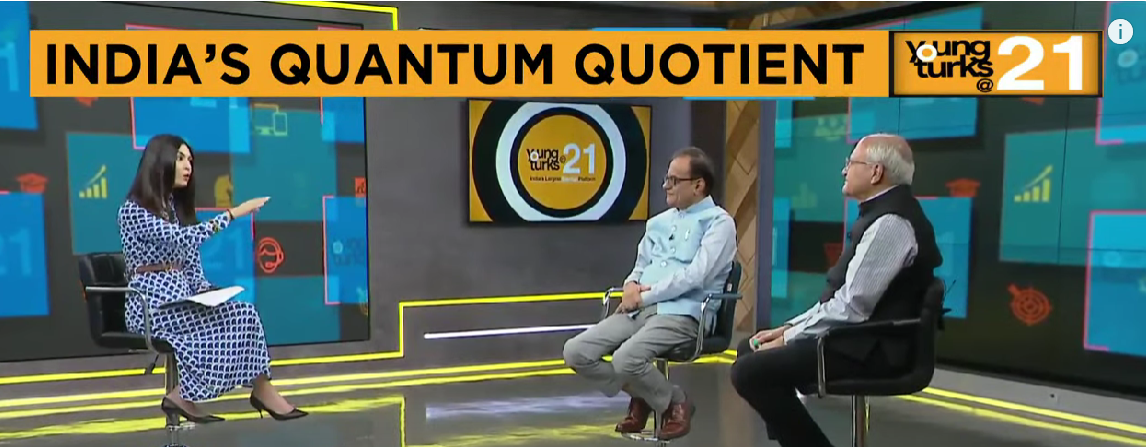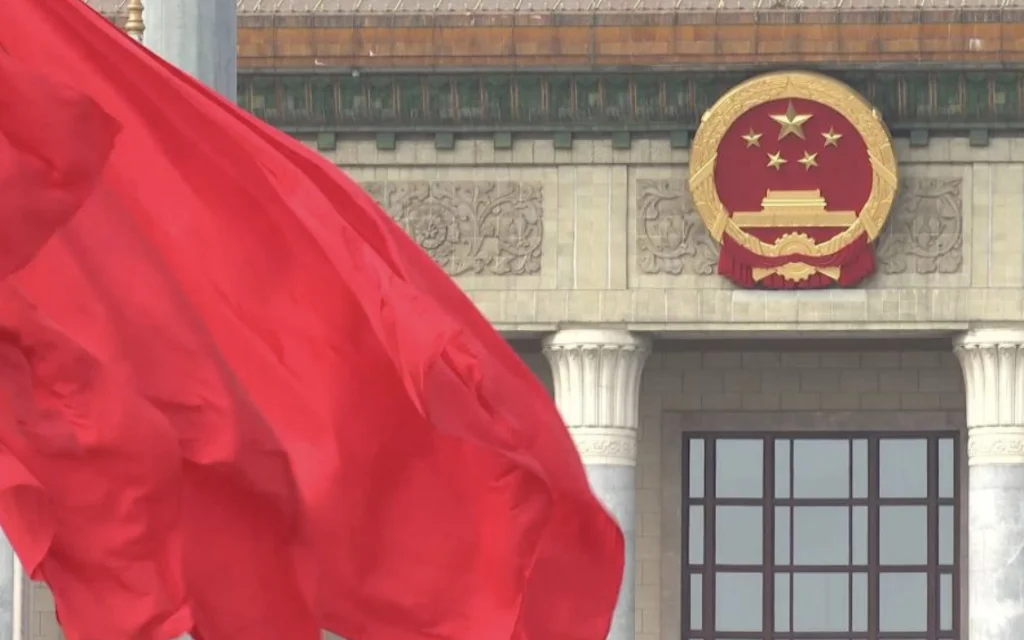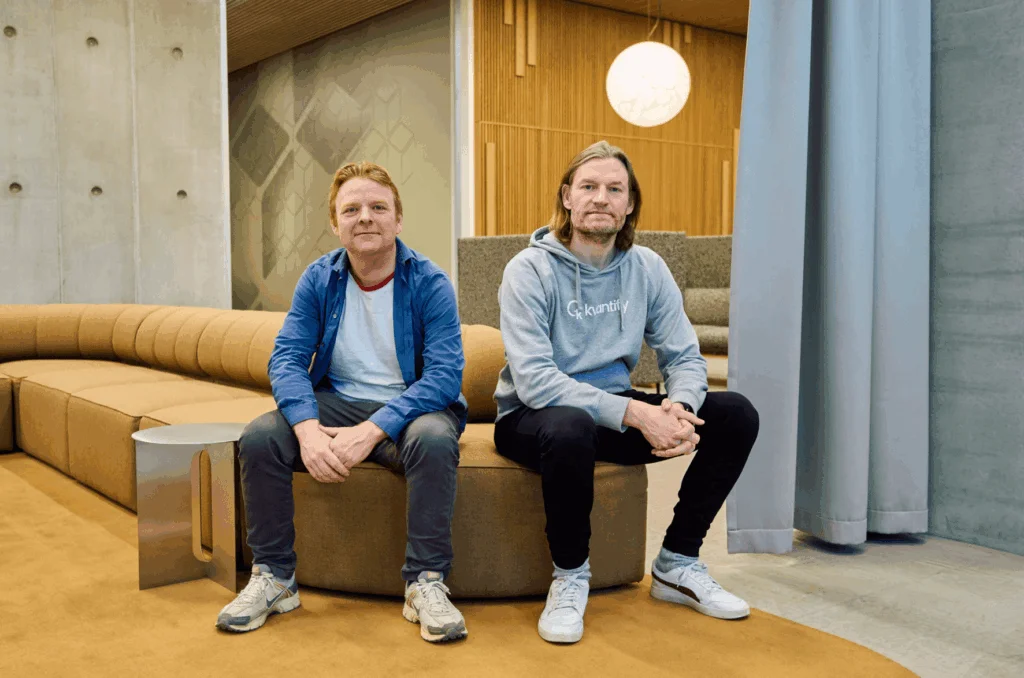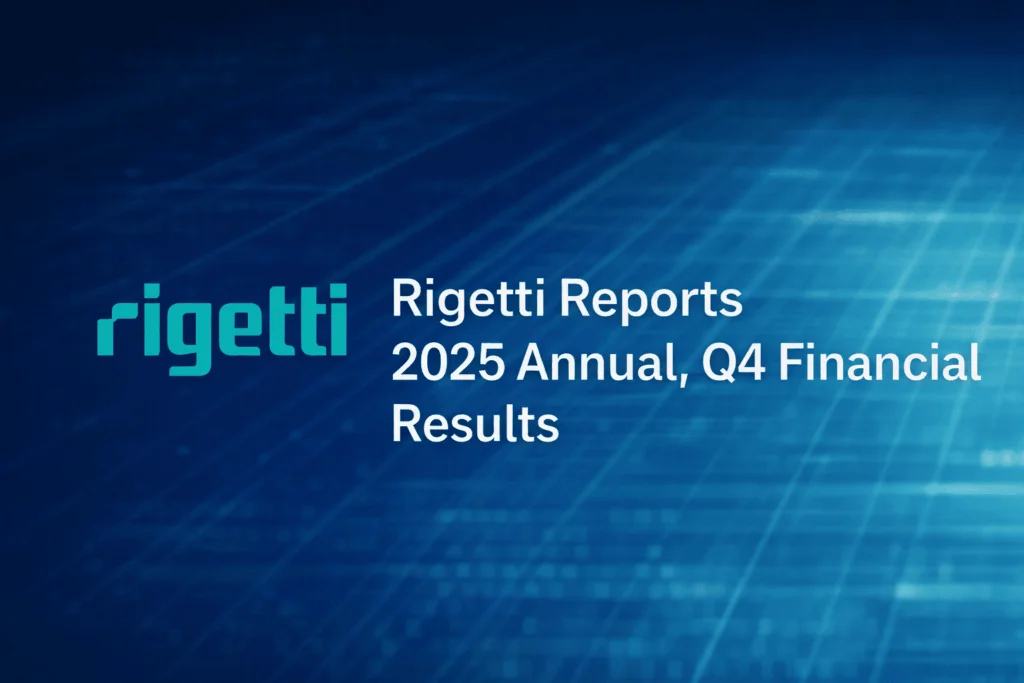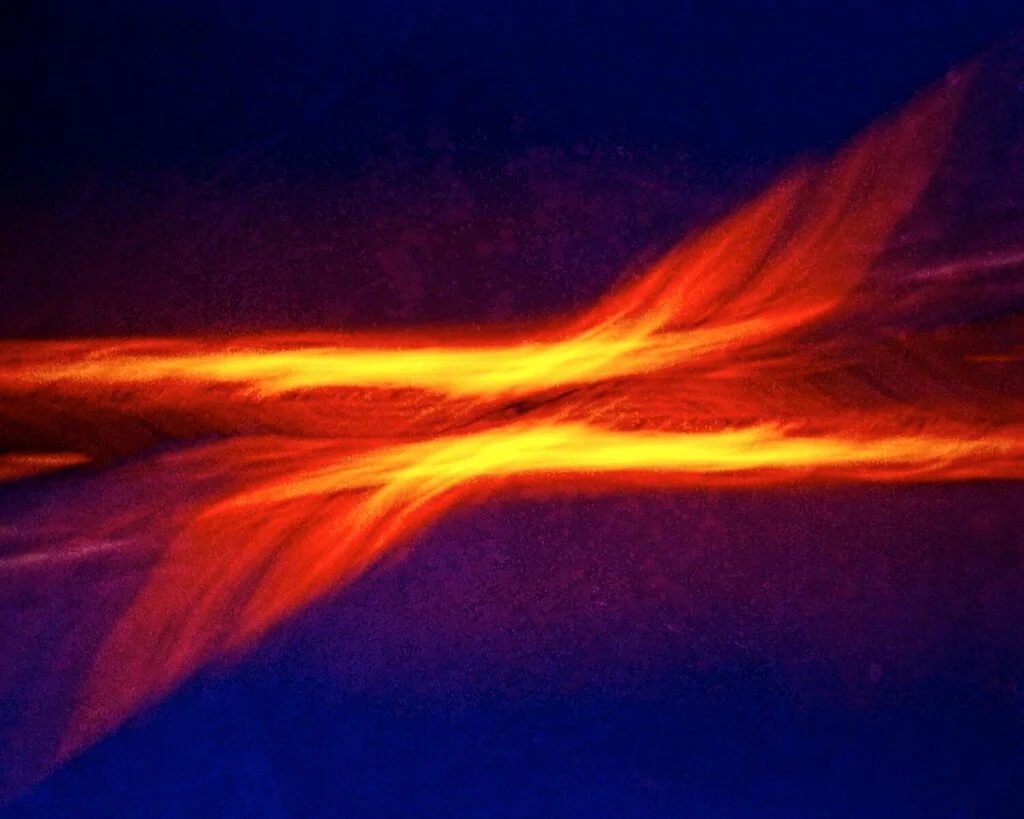India’s National Quantum Mission (NQM), with an earmarked investment to the tune of Rs 6,000 crore ($726 million USD) is resonating through the quantum world.
In a recent interview with CNBC TV18, Ajai Chowdhry, Chairperson, Mission Governing Board and Ajay Kumar Sood, Principal Scientific Adviser to the Government of India, discussed the strategic launch of the National Quantum Mission to position India strongly in the areas of quantum computing, quantum communication and quantum cryptography
This mission, then, is as much for scientific progress as it is to ensure that India continues with staying ahead of the world in terms of security and technological innovations.
Chowdhry stressed the strategic importance of the initiative.

“The government is very clear that if required in any particular technology, they will put the funding required,” said Chowdhry, acknowledging that while the initial Rs 6,000 crore might seem modest compared to global expenditures, it represents a crucial starting point. “This is a start, and if we go at the pace that we want to go, additional funds will be made available,” he added.
Sood highlighted the dual paths for ensuring quantum safety: Quantum Key Distribution (QKD) and Post-Quantum Cryptography.
“We must replace conventional RSA and AES with mathematically harder problems,” he explained, referring to the advanced algorithms that can withstand even quantum computing attacks. This transition is vital for securing financial and communication systems against future threats.
Chowdhry and Sood both underscored the importance of private sector involvement and international cooperation.
Chowdhry noted: “We have decided to call a lot of the technology companies and sit together with them,” which indicates a collaborative approach with industry leaders like TCS and Infosys. He stressed that being knowledgeable about quantum technologies is imperative for Indian tech firms to stay competitive globally.
Sood, reflecting on the importance of international standards and collaboration, mentioned that “International cooperation with the correct sensitivity of making sure that both countries progress is important.” He revealed that under the Indo-US Science and Technology (ISET) agreement, there are active dialogues to enhance quantum technology standards and developments jointly.
The immediate focus, as described by Chowdhry, includes developing indigenous quantum hardware and enhancing quantum algorithms.
“In quantum computing, our thrust will be on two fronts: to build indigenous capability for the hardware and to work on quantum algorithms,” he said. This approach ensures that India does not rely solely on imported technologies and develops a robust internal ecosystem.
Sood pointed out the progress in quantum communication, with successful demonstrations over fiber optics and plans for satellite-based quantum communication.
“Already 200 kilometers have been demonstrated, and there is a proposal to take it to 1,000 kilometers with trusted nodes,” he noted, highlighting the rapid advancements in this sector.
As India embarks on this transformative journey, the significant investment in quantum technology is expected to catalyze advancements across various sectors. The mission’s success will depend on continuous government support, private sector collaboration, and international cooperation.
For a detailed understanding of India’s progress in quantum computing, readers are encouraged to refer to our “A Brief Overview of Quantum Computing In India” for further information.
In conclusion, as Chowdhry aptly put it: “Invest in this area; this is going to be a huge opportunity globally.” With the National Quantum Mission, India is poised to make significant strides in the quantum technology landscape, ensuring a secure and technologically advanced future.
Featured image: Credit: CNBC

